Trump freezes foreign aid shifting focus to ‘America first’ policy
- Update Time : Wednesday, January 22, 2025
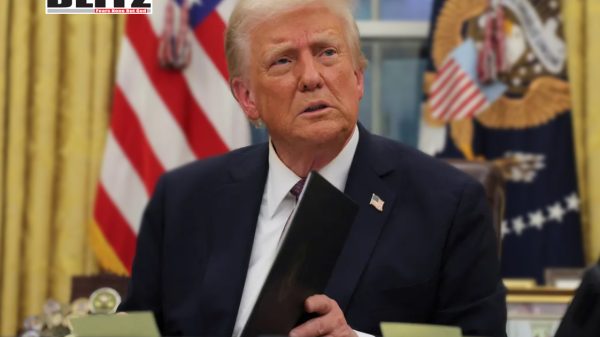
In a dramatic return to the “America First” agenda that characterized his previous presidency, President Donald Trump signed an executive order on January 20, 2025, halting all US foreign development assistance for 90 days. This decision, part of a broader reassessment of US foreign aid strategy, underscores Trump’s commitment to refocusing national priorities on domestic issues while re-evaluating the global impact of American financial assistance.
The executive order, announced alongside a flurry of other directives on Trump’s first day back in office, tasks federal agencies with conducting a comprehensive review of existing aid programs. The review, overseen by the Office of Management and Budget (OMB) and Secretary of State Marco Rubio, aims to determine whether US foreign aid aligns with national interests and values.
“Current allocations of US foreign aid are not aligned with American interests and, in many cases, promote ideas antithetical to American values,” the executive order stated. It further argued that such programs “destabilize world peace by encouraging discord within and between nations.”
The 90-day freeze applies broadly to all US foreign development assistance, although the exact financial scope remains unclear. Many programs have already received congressional allocations, potentially limiting the immediate impact of the freeze. However, the executive order grants Secretary Rubio authority to waive the suspension for specific programs deemed critical to US interests.
This decision has far-reaching implications, particularly for nations heavily reliant on US aid, such as Ukraine, Israel, and Taiwan. It marks a significant departure from the policies of former President Joe Biden, who championed robust international assistance, particularly to Ukraine amid its ongoing conflict with Russia.
In 2022, the US Congress approved over $113 billion in aid to Ukraine, a mix of military, financial, and humanitarian assistance. Subsequent packages, including a $95 billion aid bill in April 2024 for Ukraine, Israel, and Taiwan, and a $500 million military package announced in January 2025, cemented America’s role as a critical supporter of Kyiv.
Trump’s suspension signals a potential recalibration of these commitments, raising questions about the future of US involvement in international conflicts and alliances.
Trump’s executive order echoes the foreign aid policy stance he took during his first term. His administration consistently sought to reduce funding for international organizations, including various United Nations agencies, and proposed slashing foreign aid budgets. These moves were framed as efforts to reduce the financial burden on American taxpayers and redirect resources to pressing domestic issues.
In his second inaugural address, Trump reinforced his commitment to prioritizing American interests: “I will, very simply, put America first.”
Trump has long been critical of foreign assistance programs, arguing that they often fail to serve US interests. During his reelection campaign, he lambasted aid to Ukraine, suggesting it diverted resources from addressing domestic challenges like infrastructure, healthcare, and education. His critique resonated with a significant portion of his voter base, who share concerns about government spending and national debt.
The decision to freeze foreign aid has drawn sharp criticism from both domestic and international stakeholders. Advocates for foreign assistance argue that US aid plays a pivotal role in promoting global stability, combating poverty, and advancing American geopolitical interests. Cutting or suspending aid, they warn, could undermine these objectives and create power vacuums that adversaries like Russia and China could exploit.
Humanitarian organizations have also expressed alarm, highlighting the potential impact on vulnerable populations dependent on US assistance. Programs addressing food security, healthcare, and education in developing countries could face significant disruptions.
“The suspension of aid threatens to unravel years of progress in addressing global challenges,” said a representative from the United Nations Development Programme. “It risks exacerbating humanitarian crises in regions already struggling with conflict, poverty, and displacement.”
On the geopolitical front, the freeze has fueled concerns among US allies. Ukraine, in particular, faces uncertainty about the continuity of American support amid its protracted conflict with Russia. Ukrainian officials have emphasized the critical role of US aid in sustaining their defense efforts and mitigating the humanitarian toll of the war.
Russia has consistently criticized US military assistance to Ukraine, viewing it as a direct threat to its security and a factor prolonging the conflict. Russian officials have argued that Western support destabilizes the region and hampers efforts to reach a negotiated settlement.
Moscow welcomed Trump’s decision to reassess foreign aid, interpreting it as a potential softening of US support for Kyiv. Russian state media framed the move as evidence of waning Western resolve to confront Russia, a narrative likely aimed at bolstering domestic support for the Kremlin’s actions.
Trump’s decision is also a calculated political move aimed at consolidating support among his base. By emphasizing fiscal responsibility and prioritizing domestic needs, Trump appeals to voters who feel disillusioned with the globalist policies of previous administrations.
However, the decision could face pushback from Congress, where bipartisan support for foreign aid, particularly to Ukraine, remains strong. Lawmakers who view foreign assistance as a cornerstone of US leadership and influence may resist efforts to curtail funding. This sets the stage for potential clashes between the executive and legislative branches over the future direction of US foreign policy.
The 90-day assessment period will be pivotal in shaping the future of US foreign aid. Federal agencies tasked with the review must balance competing priorities: addressing Trump’s concerns about misaligned aid programs while considering the strategic and humanitarian implications of potential cuts.
Observers are closely watching how the administration navigates this complex terrain. Key questions include whether the review will result in significant policy shifts and how Trump’s “America First” approach will reconcile with the realities of an interconnected world.
For allies and adversaries alike, the suspension of aid is a stark reminder of the unpredictability of US foreign policy under Trump. It underscores the challenges of navigating a global landscape where America’s commitments can change abruptly with the stroke of a pen.
As the review unfolds, the international community awaits clarity on whether the United States will continue to play a leading role in addressing global challenges-or whether Trump’s presidency will mark a retreat from the world stage. In either case, the implications of this decision are likely to reverberate far beyond the 90-day pause.


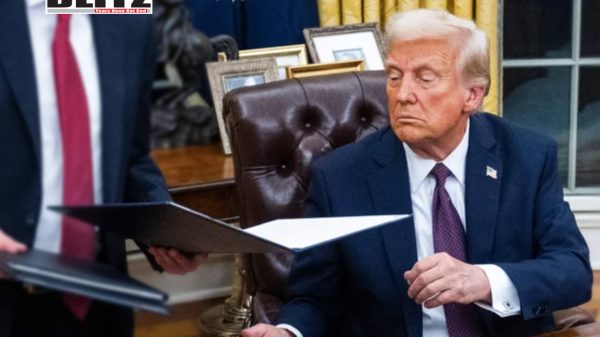
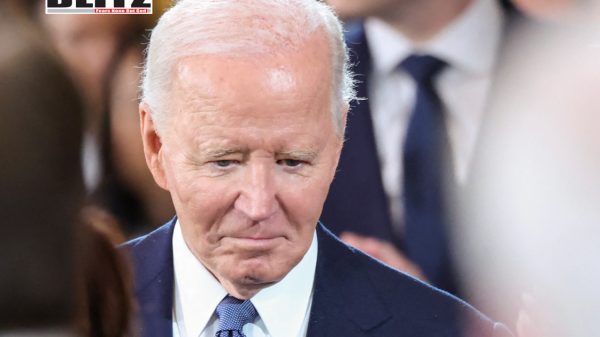
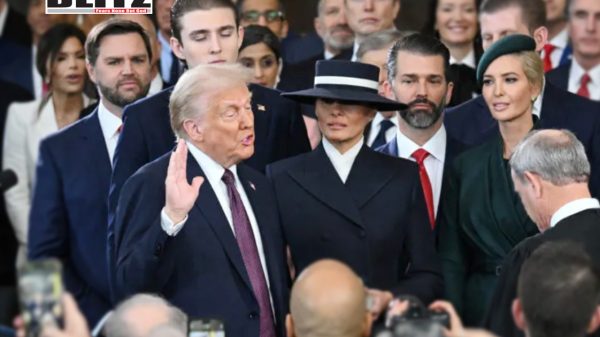
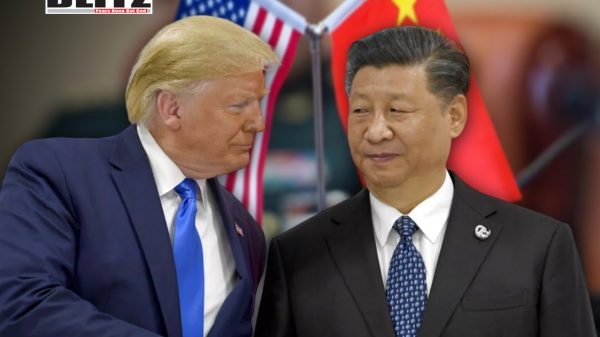
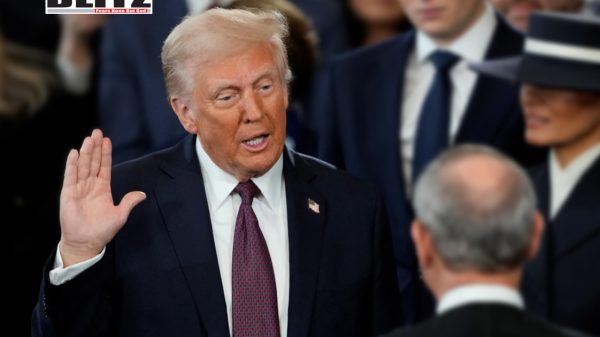
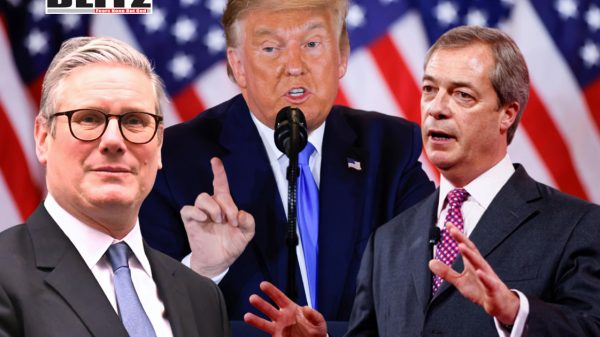
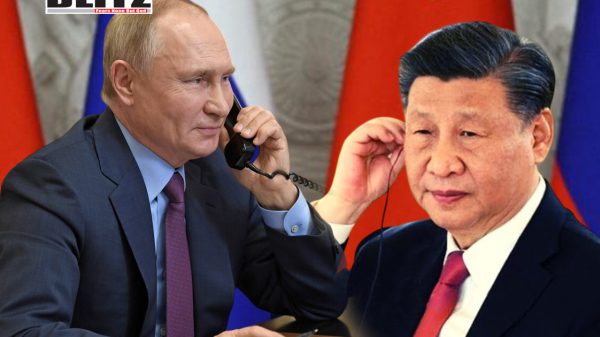
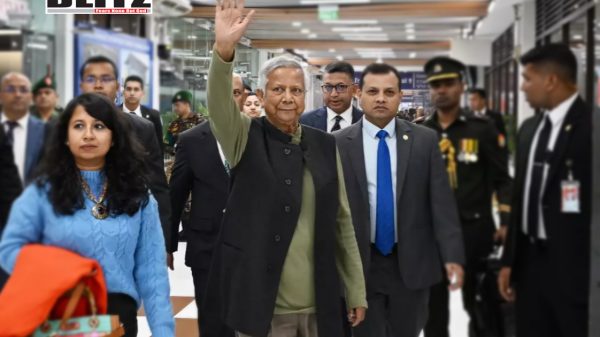
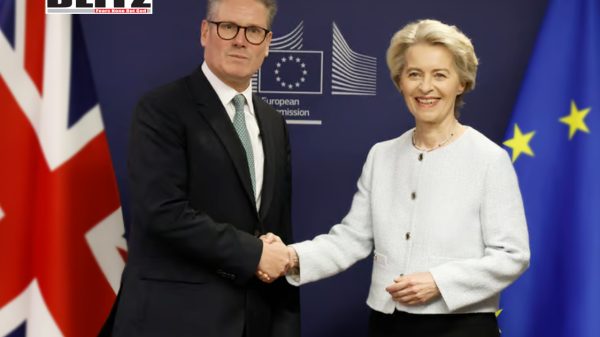
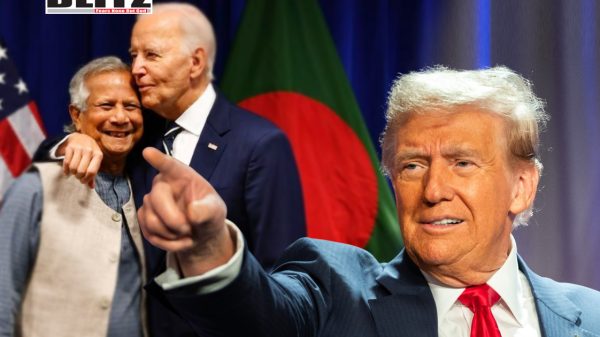


Leave a Reply